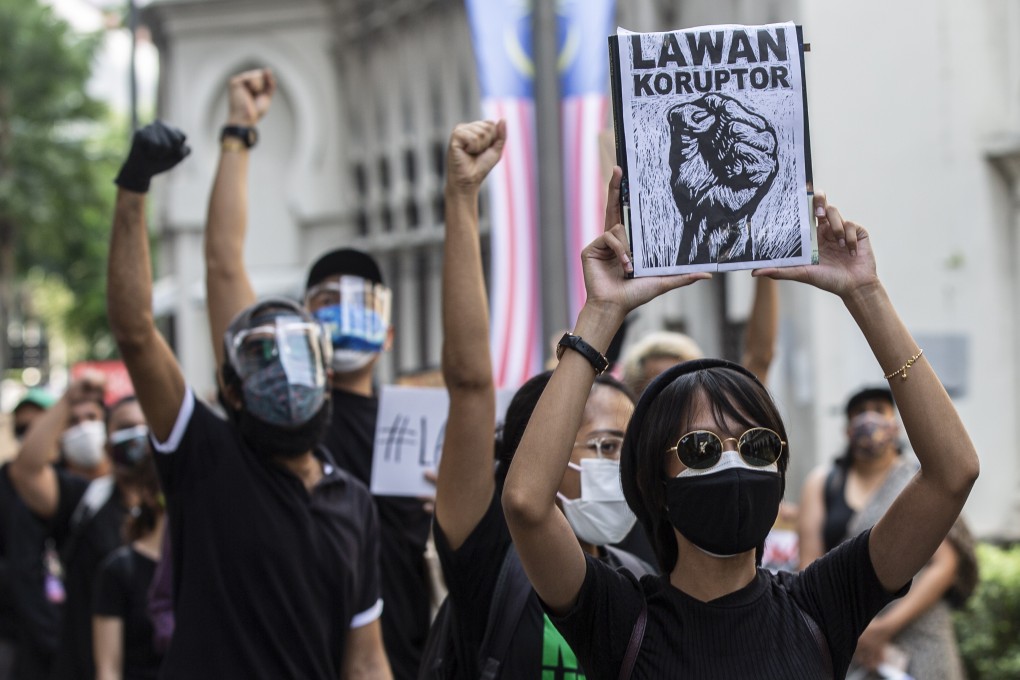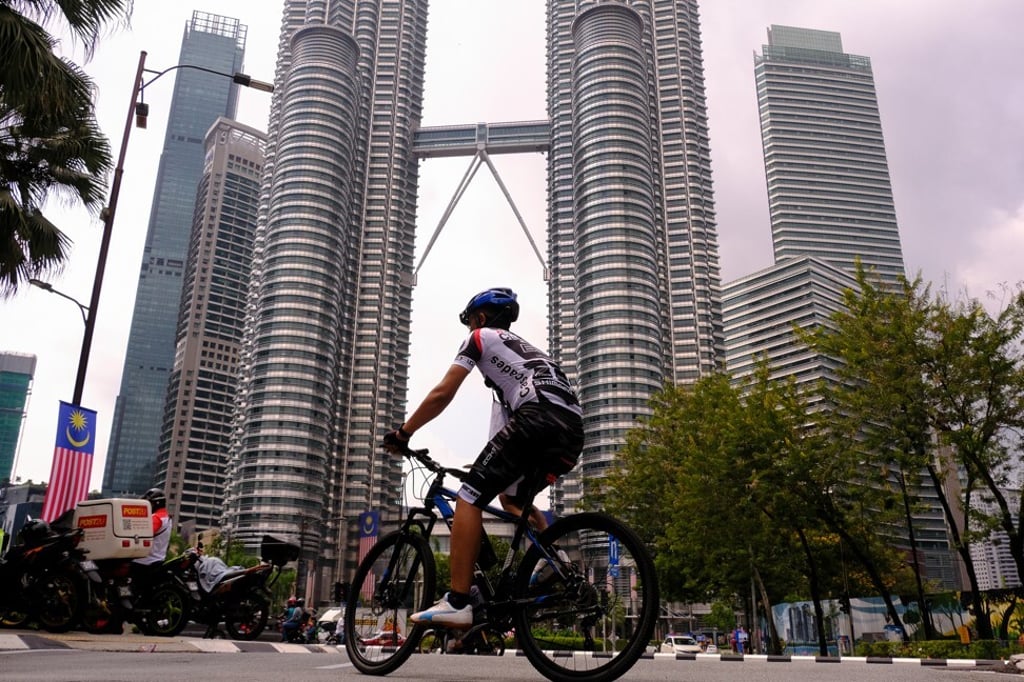Hongkongers think twice as Malaysia changes migration rules amid Covid-19, political instability
- Applicants for the Malaysia My Second Home Scheme (MM2H) must now have a bigger fixed deposit, higher monthly income than before and pay more in processing fees
- Visa agents say the rules are prohibitive and the ongoing political turmoil in the country is also a deterrent for Hong Kong applicants

All foreigners must now prove they have liquid assets worth 1.5 million ringgit (US$354,000) – up from 350,000 ringgit for those above the age of 50, and 500,000 ringgit for those below the age of 50 – though 500,000 ringgit of the funds can be used for property, health care and school fees.
Home Affairs Ministry secretary general Wan Ahmad Dahlan on Wednesday said there would also be a cap on the number of MM2H visa-holders to ensure they did not exceed 1 per cent of the total Malaysian population, which is now 32.7 million.
“The new income conditions are more relevant as the government is targeting high-income participants with adequate capabilities. We also consider the expenses spent on children’s education in international schools for instance, and a suitable lifestyle matching their living standards,” he said.
